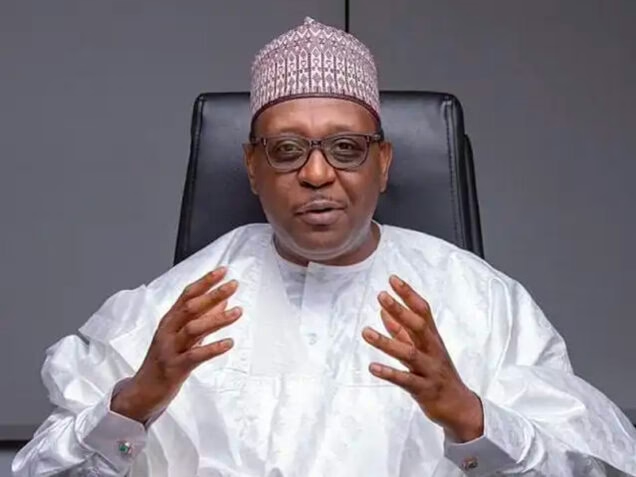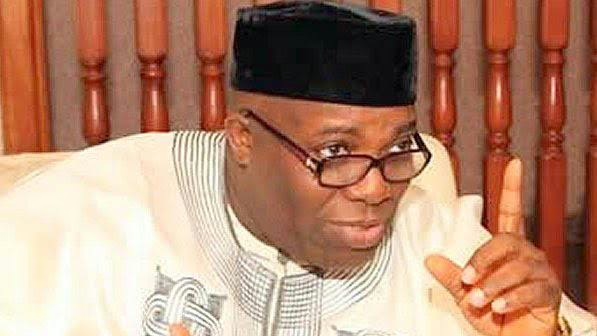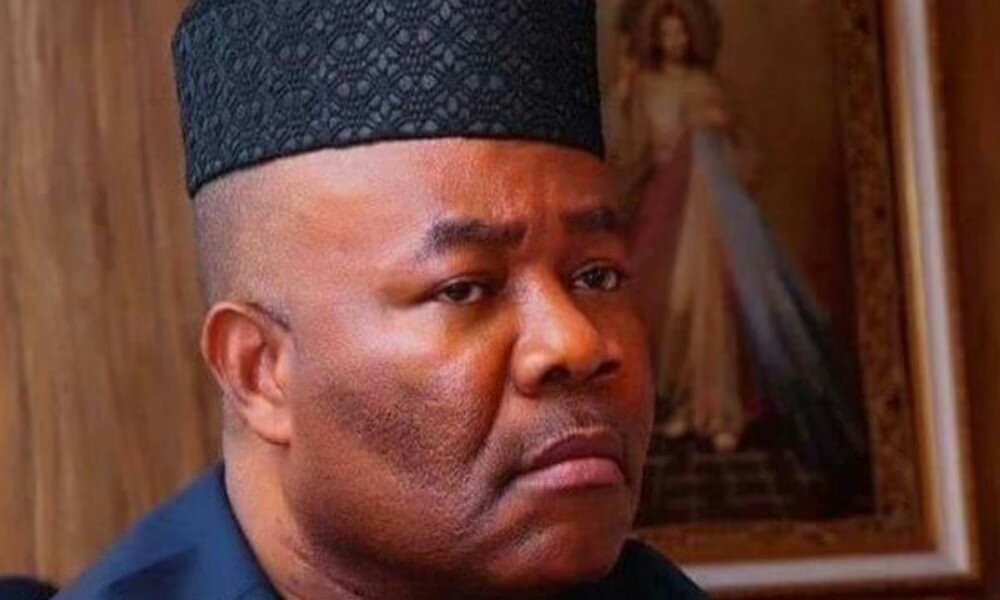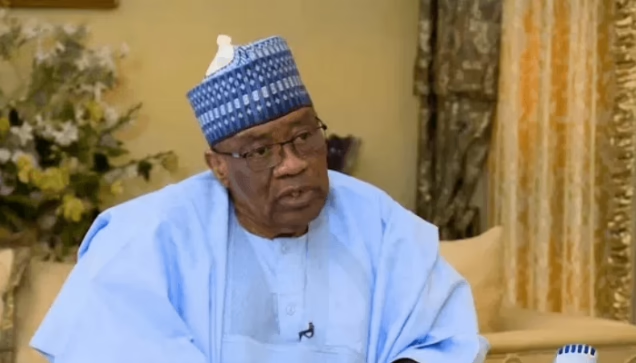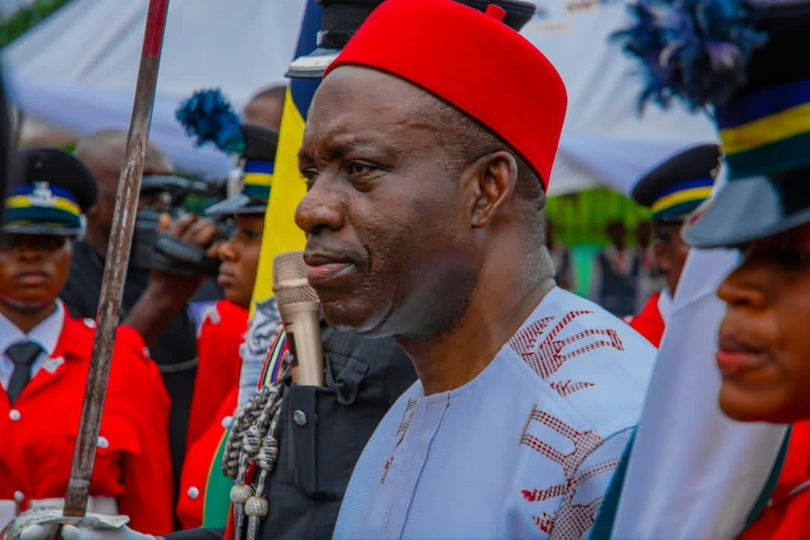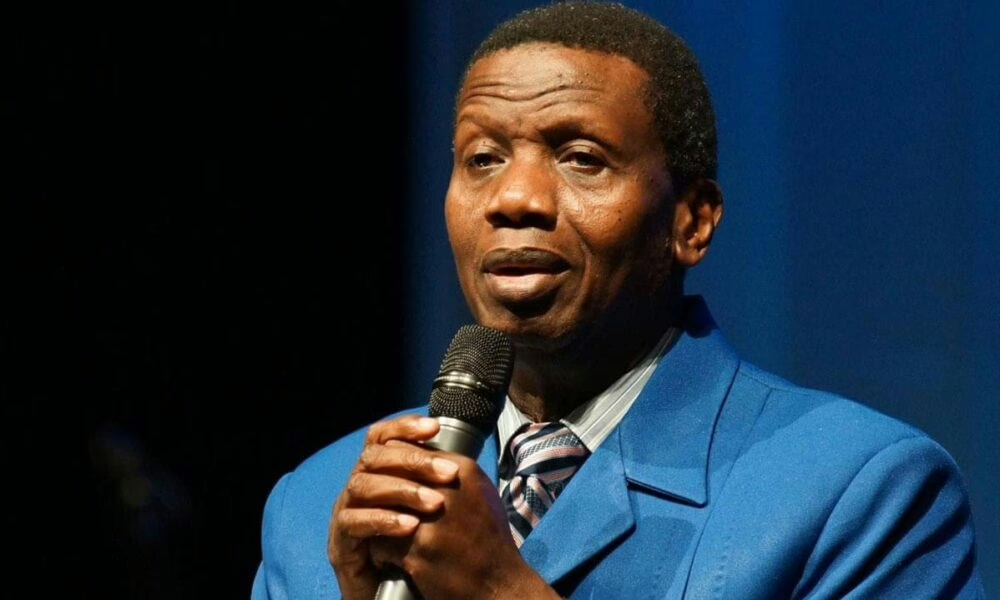My name is Onyelukachukwu Emefiene and I’m 22 years old. I hail from Delta State, specifically from Ubulu-Unor in the Aniocha South Local Government Area. I graduated from Covenant University in Ota, Ogun State. The most challenging moments during my university years emerged when I had to balance my academic coursework with the demands of professional exams, specifically the Accounting Technicians Scheme in West Africa and the Institute of Chartered Accountants of Nigeria exams. Instances arose where I was required to undertake both university tests and professional exams in the same week. Sometimes, my professional exams followed immediately after a week of university exams. Coping with the pressure was undoubtedly demanding. I just want to thank God for constantly giving me strength and helping me every step of the way.
I feel excited and happy. I just want to thank God for making it possible because the journey wasn’t an easy ride.
I achieved a first-class GPA in my second semester at 100 level. I got a GPA of 4.76.
My primary and secondary education played a crucial role in shaping my success at the university. Particularly, my experiences during secondary school were instrumental in laying a strong foundation for my university achievements. The dedicated teachers in my secondary school imparted to me valuable qualities like diligence, discipline and organisation. They consistently motivated us to strive for excellence, fostering a mindset that I carried into my university years.
The virtues instilled in me during my formative years became the cornerstone of my success at the university. The lessons I learned about hard work, self-discipline and the importance of being well-organised provided me with the tools needed to navigate the challenges of higher education.
My parents were very proud of me. They danced, sang, prayed for me and informed other family members of the good news.
At first, I thought about studying Accounting. However, I received advice to consider Economics because it’s a broad field. The suggestion was to become a chartered accountant alongside being an economist. Delving deeper into Economics has helped broaden my horizon and has allowed me to find my voice in giving opinions concerning macroeconomic issues.
I am interested in development and public sector economics because these areas play a pivotal role in the economic progress of a country. In Nigeria, development economics holds a special significance as it explores how the country can grow and enhance the quality of life of the citizens. It also entails employing tactics to reduce poverty and foster sustainable development tailored to Nigeria’s unique challenges.
Likewise, public sector economics is highly relevant in the Nigerian context due to its influence on government policies and the delivery of public services. Understanding how public resources are allocated, the principles of taxation, and the effective management of public finances are crucial for Nigeria’s development. This field offers insights into crafting policies that directly address the needs of society and contribute to the overall well-being of Nigerian citizens.
Development economics and public sector economics are two fields that are relevant and significant in driving economic progress in Nigeria. These areas hold the key to addressing pressing challenges such as poverty, income inequality, effective governance, and successful policy implementation in the country.
Reflecting on my first year in the university, it’s clear that it was a period of growth and adaptation. As a newbie, I found myself facing various challenges that pushed me to become more self-reliant. One of the earliest lessons I learned was the importance of making independent decisions; from choosing my classes to planning my daily schedule.
Navigating university life also meant understanding and adhering to a new set of rules and regulations. I encountered situations where I had to seek clarification and ask questions to prevent violating the school rules. This experience taught me the value of effective communication and seeking guidance when needed.
Another aspect I had to manage was my allowance. Financial responsibility was a significant learning curve. I made a conscious effort to avoid unnecessary expenses and prioritise essential needs. This not only helped me become more financially aware but also honed my decision-making skills. Overall, my first year was a time of adjustment and self-discovery. While there were challenges, each obstacle presented an opportunity for personal growth. From managing my time and finances to navigating university protocols, I emerged from my first year with a greater sense of independence and a solid foundation for the years ahead.
I found that studying in the library didn’t work for me, because I always fell asleep. Instead, I developed a routine of revising every day in my room. This helped me stay on top of the lessons taught in class and prevented the need for last-minute cramming before tests and exams. I tried to practise my calculus courses at least three to four times a week because Economics had a lot of calculations. Furthermore, whenever I struggled to understand a topic or course, I took advantage of tutorials organised by my course mates. This helped me have a better understanding.
During exams, I used the college buildings for focused weekend study sessions. I dedicated intense study sessions to the night before each exam. I also revised with my course mates, who were on the same floor as me in my hostel, and went through past questions, assignments and projects given. Lastly, I always prayed before and after reading.
The most discouraging phase of my academic journey emerged during my third year at the university. This is because we were introduced to nine of our core courses, and the method of teaching and marking was entirely different from the 100 and 200 levels. My third year in the university was demanding. We were given more assignments and group projects, which required a lot of hard work and dedication. My lecturers also expected us to approach questions with the mindset of proper economists, necessitating extensive brainstorming and thorough research. Moreover, staying informed about current economic issues in the country and linking them to our academic topics became crucial.
In addition to these challenges, my determination faced another test. In my third year, I became eligible to take the ICAN exams after achieving my ATSWA certification. The task required extra concentration and effort because the course material was advanced, particularly for someone like me studying Economics. Despite it all, I had a GPA of 4.73 and 4.76, respectively, in the first and second semesters of my third year and passed the two courses I took in my ICAN exams.
I view both flair and hard work as essential components of achieving success. Flair can certainly give someone a head start in a particular activity or field. Nevertheless, harnessing that flair requires consistent effort and dedication. Hard work is the driving force that transforms raw potential into meaningful accomplishments.
Flair provides a foundation for excellence, but hard work shapes and refines it. Through diligent effort, individuals can refine their innate abilities and achieve great feats. Hard work is the bridge between potential and actualisation, and it’s what enables an individual to consistently improve and excel. In essence, both flair and hard work are intertwined elements of success. They complement and elevate each other, leading to achievements that are truly remarkable and enduring.
No, my parents never doubted the possibility of me finishing with a first-class degree. Instead, they were my biggest support system throughout my four years at the university. They constantly sent me prayers and always motivated me every step of the way. Most especially in my 300 level, when doubts crept in and the idea of giving up crossed my mind, they provided invaluable advice and reassurance. Their boundless love, unwavering support, and constant prayers acted as my guiding light, helping me overcome obstacles and succeed in my university journey. Every day, I thank God for blessing me with wonderful parents.
Yes, I am the first and currently the only one in both my nuclear and extended family to bag a first-class degree. This achievement holds special meaning for me, as it not only symbolises my personal dedication and hard work, but also sets a precedent for my younger siblings and cousins to follow. I take great pride in knowing that my accomplishment has the potential to inspire and motivate those coming after me. By achieving a first-class degree, I’ve laid a strong foundation that showcases the possibilities of what focused determination can achieve. I hope that my success can serve as a guiding light for my family members, encouraging them to pursue their academic and personal goals with vigour and resilience.
Moreover, being the first in my family to attain this distinction has also brought a sense of shared achievement to my family as a whole. It’s a testament to the values of perseverance and excellence that we hold dear. I look forward to supporting and cheering on my siblings and cousins as they embark on their educational journeys, knowing that they now have a shining example to look up to.
I graduated on January 6, 2023. After completing my degree, I gained some valuable experience by doing an internship with my aunt for a month. Along the line, I helped individuals optimise their LinkedIn profiles. I also attended networking events and programmes that aided in my personal development. Currently, as part of my (national) youth service, I am working as a research analyst at the Financial Derivatives Company located in Lagos, where I’m gaining practical experience in the fields of finance and economics. It’s been a great opportunity to apply what I’ve learned during my academic journey and to further develop my skills.
My advice to students aspiring to be first-class graduates is to believe that achieving this goal is possible. Your mindset plays a crucial role, so it’s important to envision yourself succeeding and take the necessary steps to support that vision. Additionally, avoid comparing yourself to others. Stick to strategies that work for you because what’s effective for one student might not be for another. Foster positive relationships with your course mates; this can encourage group study and enhance your understanding of different topics.
Prioritise your well-being by maintaining a healthy diet and sleep routine. Ensure to engage in extra-curricular activities, as this will help you build networks and attain soft and leadership skills. Also, remember to write down your desired outcomes as inspired by Habakkuk 2:2, ‘Write the vision and make it plain upon tablets, that he may run that readeth it’. Lastly, and most importantly, never underestimate the God factor. Our capacity has limits, but with God, you can attain and achieve remarkable feats.
The only prize I won was the general prize given to those who graduated with first-class honours.
I didn’t experience any significant social distractions, but I did struggle with procrastination when I first started at the university. To overcome this challenge, I took inspiration from my roommate at the time, who was disciplined and focused on her studies. Her example motivated me to work on my time management skills and discipline myself.
In the next few years, I envision completing a master’s degree and running a blog addressing pertinent economic issues in the country. Simultaneously, I strive to secure a position in a leading financial institution, honing my skills through collaboration with experts and contributing to impactful projects. These goals reflect my commitment to advancing economic discourse and making a positive contribution to the Nigerian economy. All these will be achieved under the guidance and grace of God.


